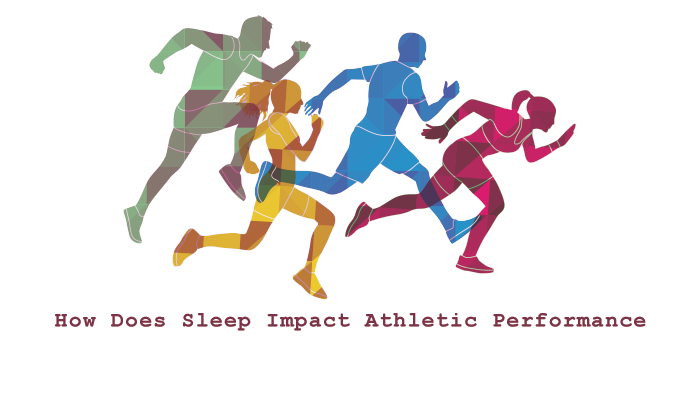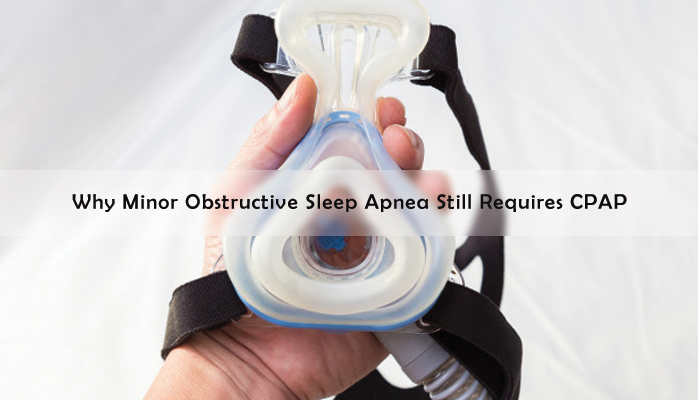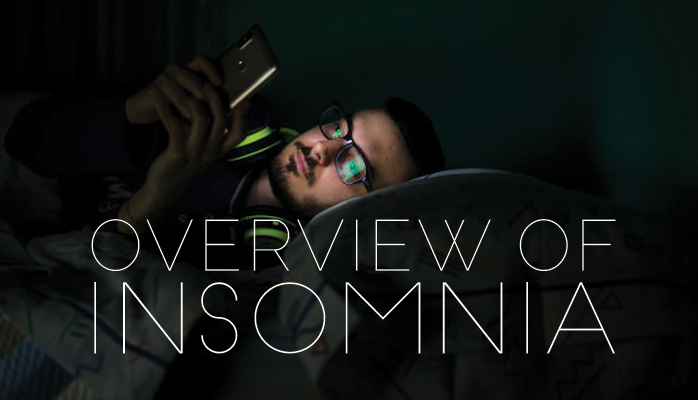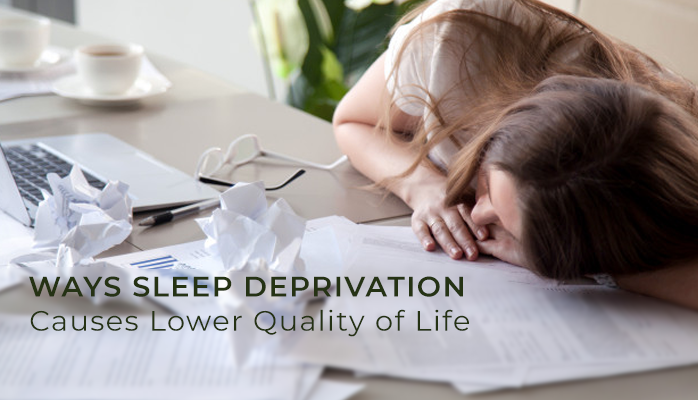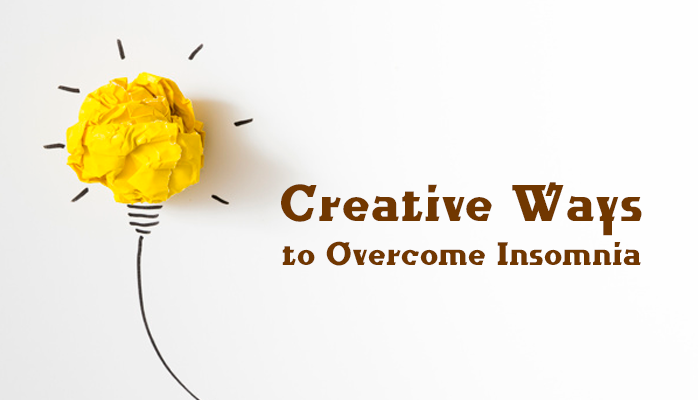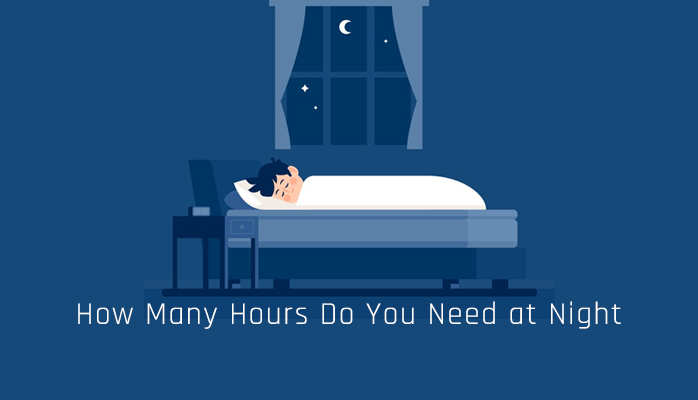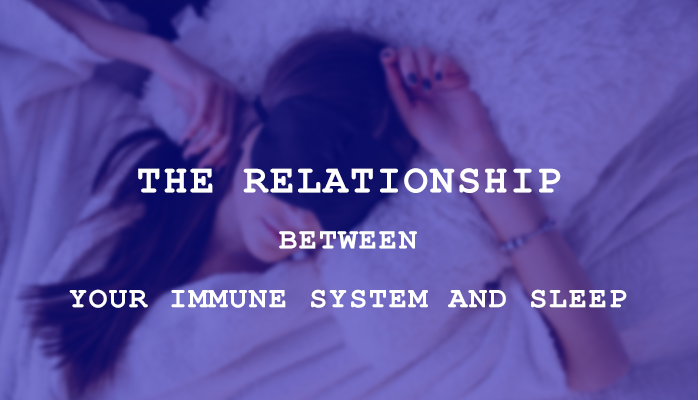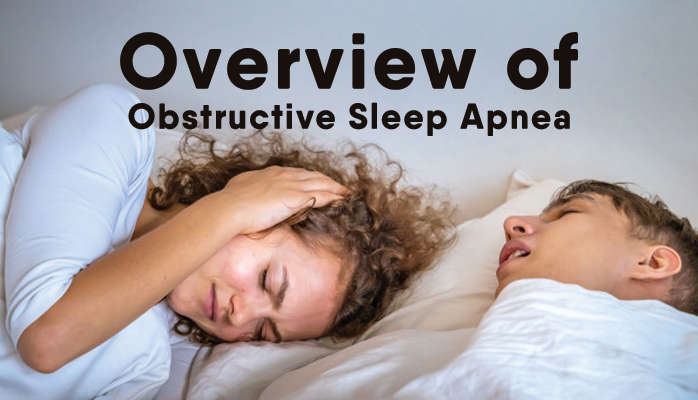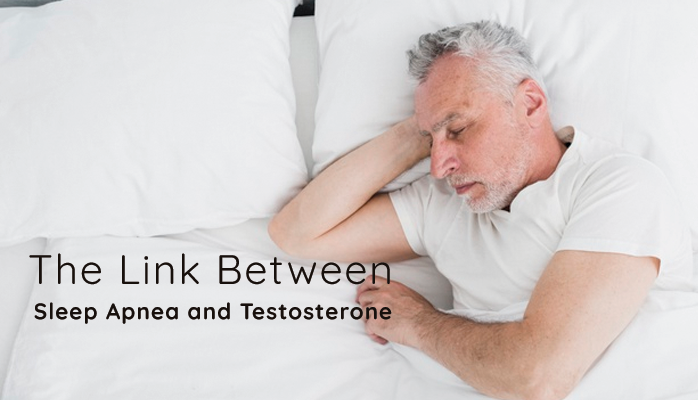The common conception about athletic performance is that it’s a result of physical performance. While this is partly true, maintaining high quality athletic performance is a combination of physical and cognitive performance/health. Athletics requires high levels of both physical and mental energy through movement and a very high degree of focus/concentration.
Sleep is one of the most, if not the most, critical component in maintaining cognitive and physical performance for athletes. There is a plethora of information about:
- The relationship between physical performance and sleep
- The relationship between cognitive performance sleep
- How much sleep can improve athletic performance
Let’s look at each area in more detail.

